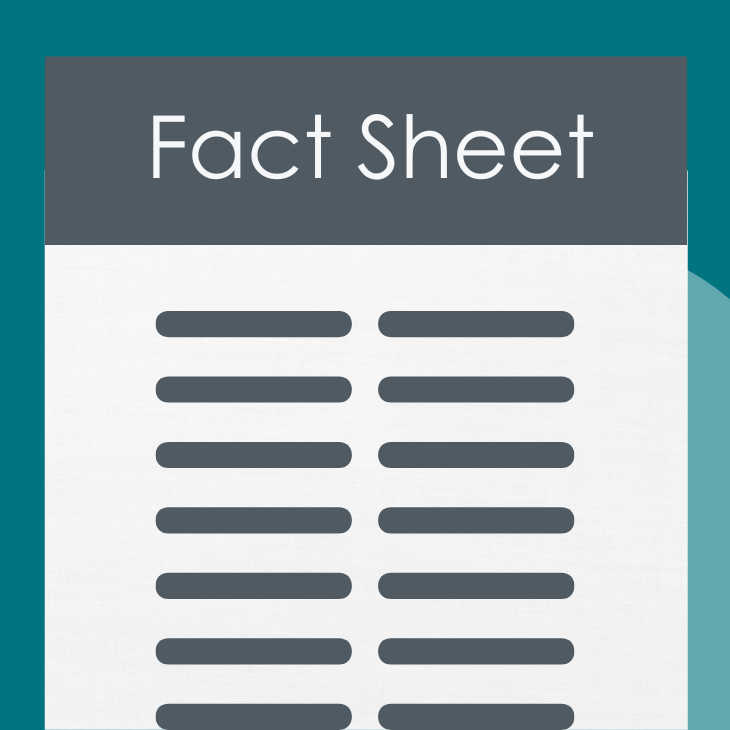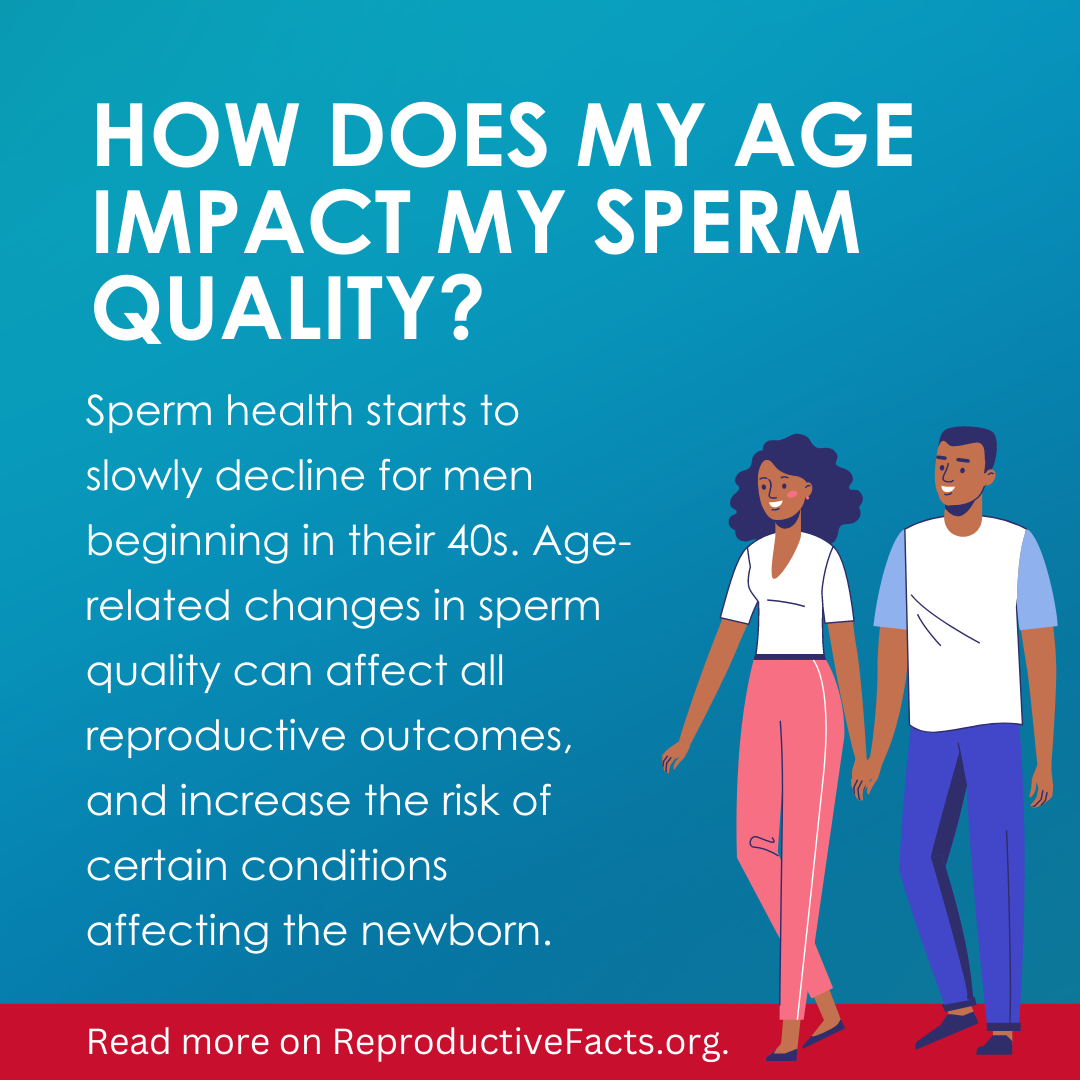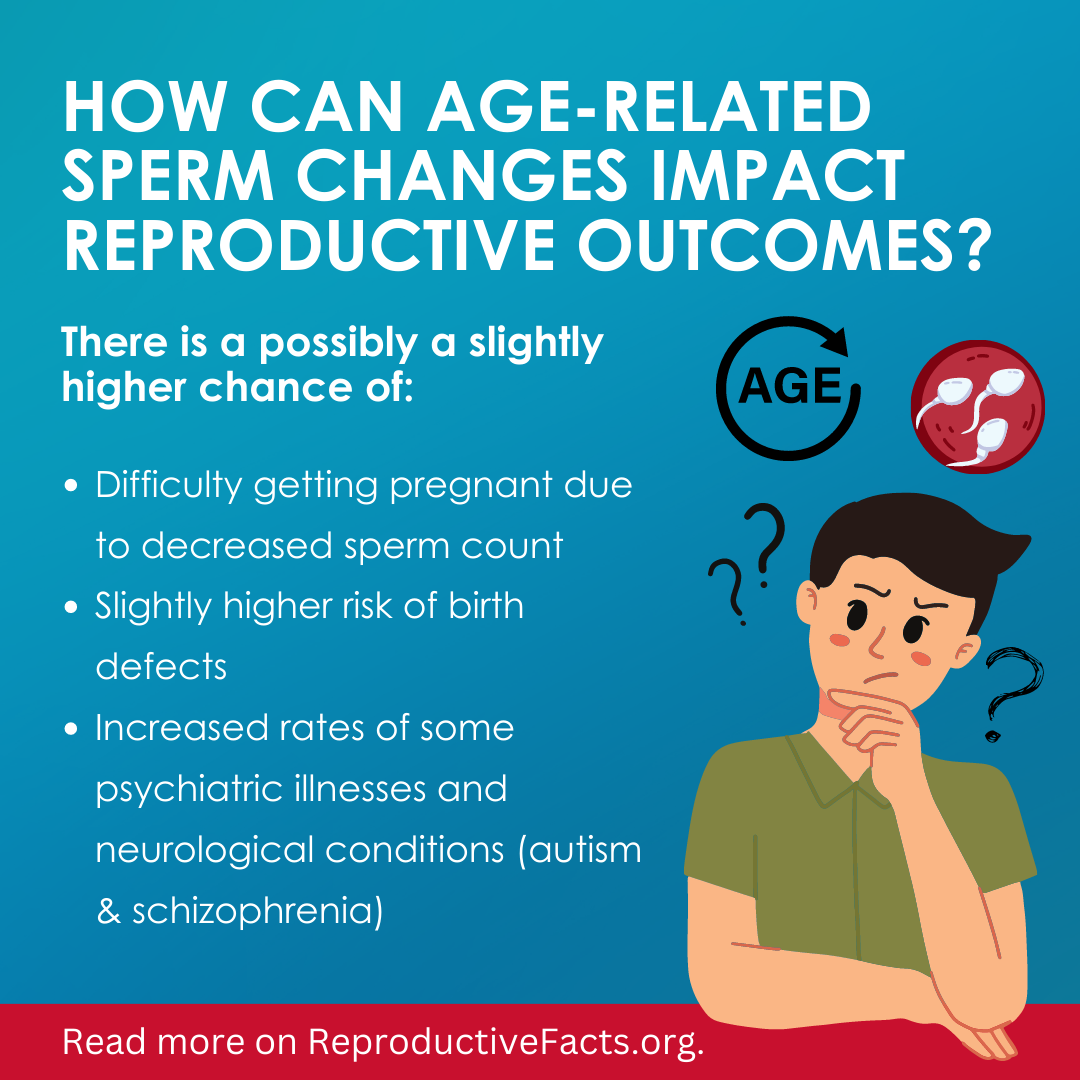
Does my Age affect my Fertility?
Disclaimer: This factsheet utilizes heteronormative and binary language for the purpose of simplicity and clarity in conveying reproductive health information. We recognize that individuals’ experiences and identities are diverse, and using these terms does not diminish the validity of non-binary or non-heteronormative perspectives. We encourage inclusivity and understanding of the full spectrum of reproductive health experiences.
Download a PDF of this documentCreated 2014/Revised 2023
 How does age affect a woman’s ability to become pregnant and sustain a pregnancy?
How does age affect a woman’s ability to become pregnant and sustain a pregnancy?
A woman’s age is one of the most important factors affecting whether she is able to conceive and give birth to a healthy child. This is due to several changes that are a natural part of aging:
- The number and quality of eggs (ovarian reserve) decrease naturally and progressively from the time a woman is born until the time she reaches menopause. This decline is gradual until her early 30s but accelerates quickly after her mid-30s.
- It is not only more difficult to get pregnant (conceive), but miscarriage and chromosomal abnormalities in the child (such as Down syndrome) are more common in older mothers.
- Fibroids, endometriosis, and tubal disease are more common as women get older and can affect fertility.
- Women who become pregnant at an older age have a higher risk of complications during the pregnancy, such as gestational diabetes and preeclampsia.

How does age affect a man’s ability to produce a pregnancy?
A decrease in a man’s fertility appears to occur later in life than in a woman’s fertility. In their mid-to-late 40s, men experience changes in their sperm that can cause issues with fertility and genetic/ developmental problems with offspring.
When should I start asking questions?
Couples where the woman is younger than age 35 should ask for a fertility evaluation if they have not been able to conceive after one year of trying (unprotected intercourse). Couples where the woman is older than 35 should seek evaluation if they have not been able to conceive after six months.
What other factors can cause a decline in my fertility?
If you have any of the following risk factors, you may consider seeking advice earlier than described above:- Family history (i.e., mother or sister) of early menopause (before age 51)
- History of cigarette smoking in either partner

- Previous ovarian surgery
- Exposure to chemotherapy or radiation to treat cancer in either partner
- Shortening in the time between periods
- Skipped or missed periods
- History of injury to the testicles
- Exposure to toxic chemicals (certain pesticides or solvents)
How can they test my ovarian reserve?
The number and quality of your eggs (ovarian reserve) can be estimated using blood tests for follicle-stimulating hormone (FSH) or antimüllerian hormone (AMH) levels. An ultrasound is sometimes used to count the number of follicles (antral follicle count [AFC]). There is no single test that measures ovarian reserve perfectly. For more information about ovarian reserve, see the ASRM fact sheet titled “Predicting fertility potential (ovarian reserve) in women.”
How can they test the count and quality of my sperm?
During semen analysis, a man’s ejaculate is examined to measure the number, shape, and movement of sperm. For more information about this topic, see the ASRM fact sheet titled “Sperm Morphology.”

Is it possible to slow down or reverse reproductive aging?
No. However, eating well, exercising regularly, getting enough sleep, avoiding smoking, and adopting a lifestyle that reduces stress can improve overall health. Studies suggest that smoking, diet, and stress may have an impact on the quality of eggs/sperm and may accelerate menopause.
Sperm is being made continuously and takes about 3 months to mature. Changes in lifestyle and exposure can show in sperm quality within a few months. Unlike men, a woman is born with all her eggs, so there are no methods/ treatments to grow more or new eggs or preserve the quality of those remaining eggs. Therefore, it’s important to talk about family planning with a healthcare provider, even if you are not thinking about getting pregnant right away. This might decrease the chance of having difficulties later.
Is there a medical approach to improve my fertility?
Yes. There are medical strategies that can maximize the chance of conceiving. They are focused on getting the egg and sperm together at the best time for conception to occur. These strategies can include “washing” sperm, intrauterine insemination (IUI), in vitro fertilization (IVF), or taking fertility medications. These approaches may be helpful, but they cannot reverse the natural aging process of the egg or sperm.
What other options are available?
Men and women who want to delay having a child until their late 30s or early 40s may consider methods to preserve their fertility. One way is to freeze sperm, eggs, or embryos. In men, sperm collection is usually a quick, noninvasive, simple process and cryopreservation of sperm is well established. A woman must undergo egg retrieval like in IVF (for more information on egg retrieval, see the ASRM booklet titled Assisted Reproductive Technology).
The only other option for men and women who are already infertile is to use sperm, eggs, or embryos donated by another man, woman, or couple. Using donated gametes or embryos makes the chance of successful pregnancy the same as for the person who donated the gametes.
For more information about your fertility, It is important to speak to your healthcare provider early in order to plan for your future reproductive health.
Fact Sheets/Booklets
View more fact sheets and booklets written by the ASRM Patient Education Committee.
Menopausal Transition (Perimenopause): What Is It?
The menopausal transition (perimenopause) is the period that links a woman’s reproductive (childbearing) years and menopause.
Osteoporosis
Osteoporosis and osteopenia are conditions of having low bone mass (density).
Hyperprolactinemia (High Prolactin Levels)
Prolactin is a hormone produced by your pituitary gland which sits at the bottom of the brain.
Optimizing Natural Fertility
Before attempting pregnancy, a woman should make sure she is healthy enough for pregnancy by adopting a healthier lifestyle and taking prenatal vitamins. If she has a medical or genetic condition or risk of one, she should seek advice from a medical professional before conceiving (becoming pregnant)Reproductive Aging
Find a Health Professional











